Walid Regragui, the man who led Morocco to a historic World Cup semi-final in 2022, has become a national icon. From player to coach, his journey is a story of determination, pride, and tactical brilliance that united a nation and inspired millions across the world.
Early Life and Background
Born on September 23, 1975, in Corbeil-Essonnes, France, Walid Regragui grew up balancing his Moroccan roots with life in Europe. His passion for football was evident from an early age, leading him to develop a career that would later leave a lasting impact on Moroccan football. Despite being born abroad, his deep connection to Morocco remained strong, shaping his journey from player to coach.
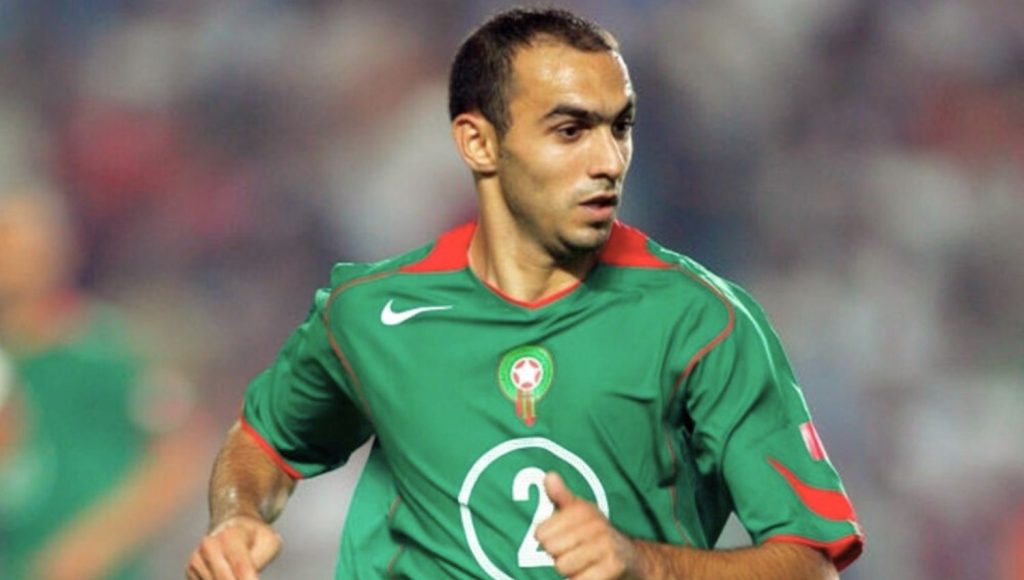
Path to Greatness
Regragui started his professional football career as a right-back, playing for clubs like Toulouse, Ajaccio, and Racing Santander. His solid defensive skills earned him a spot in the Moroccan national team, where he played from 2001 to 2009, representing Morocco in the 2004 African Cup of Nations, where the team finished as runners-up.
Following his retirement as a player, Regragui seamlessly transitioned into coaching. His tactical intelligence and leadership skills quickly made him a sought-after coach, and he began building a reputation in Moroccan club football.
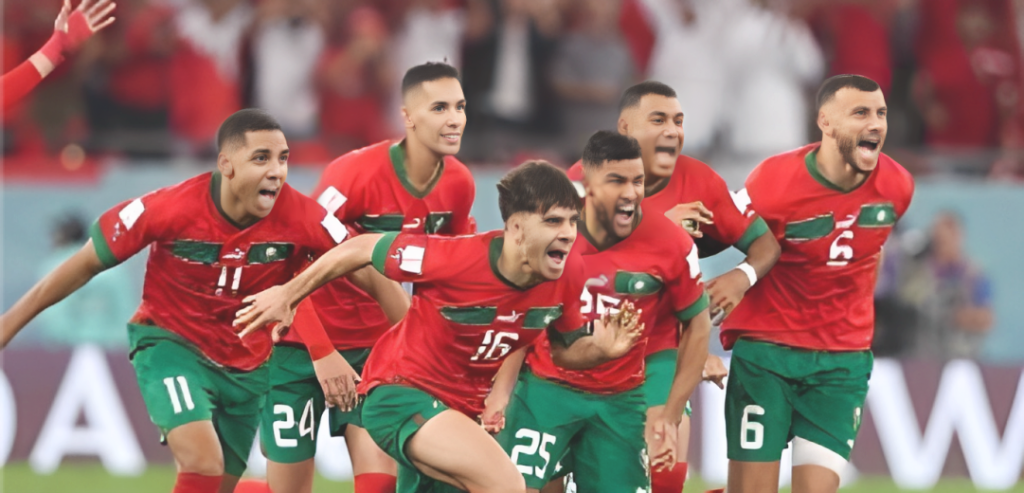
Defining Achievements
Regragui’s coaching career reached new heights with Wydad Casablanca, where he led the club to the 2021-22 CAF Champions League title, defeating Egyptian powerhouse Al Ahly in the final. This achievement put him in the spotlight as a promising coach capable of competing on the international stage.
His biggest moment came in August 2022, when he was appointed head coach of the Moroccan national team, just months before the FIFA World Cup in Qatar. Many doubted his ability to turn the squad around in such a short time, but Regragui proved his critics wrong.
Under his leadership, Morocco became the first African and Arab team to reach the World Cup semi-finals, defeating Belgium, Spain, and Portugal in the process. His tactical discipline, defensive solidity, and team spirit were key factors in this historic success.
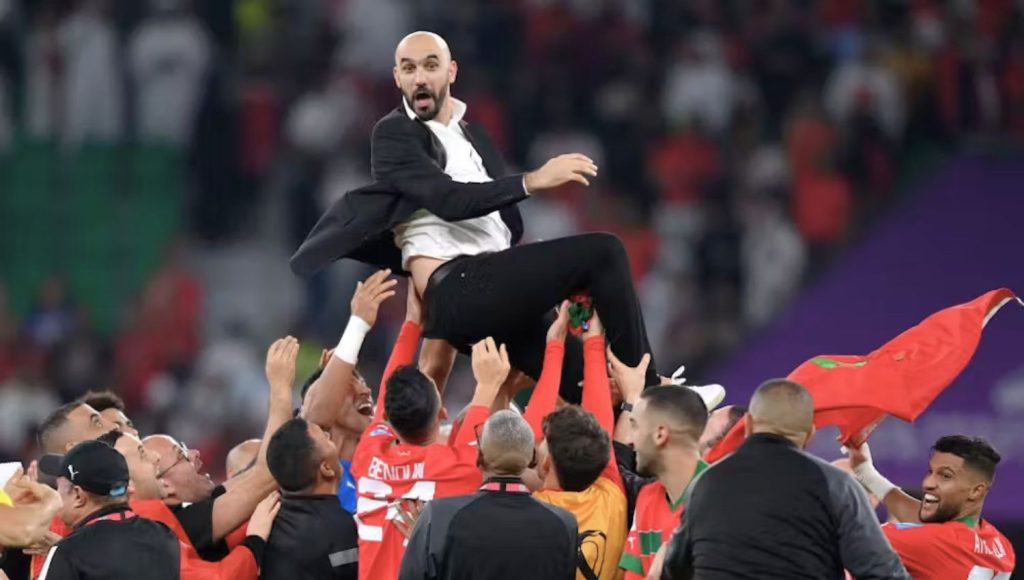
Legacy and Impact
Regragui’s impact extends beyond trophies and titles. His leadership at the 2022 World Cup reshaped global perceptions of Moroccan and African football, proving that teams from the region can compete at the highest level. His ability to unite players and instill a strong team identity has been widely praised.
Additionally, his journey inspires young Moroccan coaches and players, proving that success comes from resilience, hard work, and strategic thinking. His emphasis on tactical discipline and team spirit has set a new standard for Moroccan football, influencing future generations.
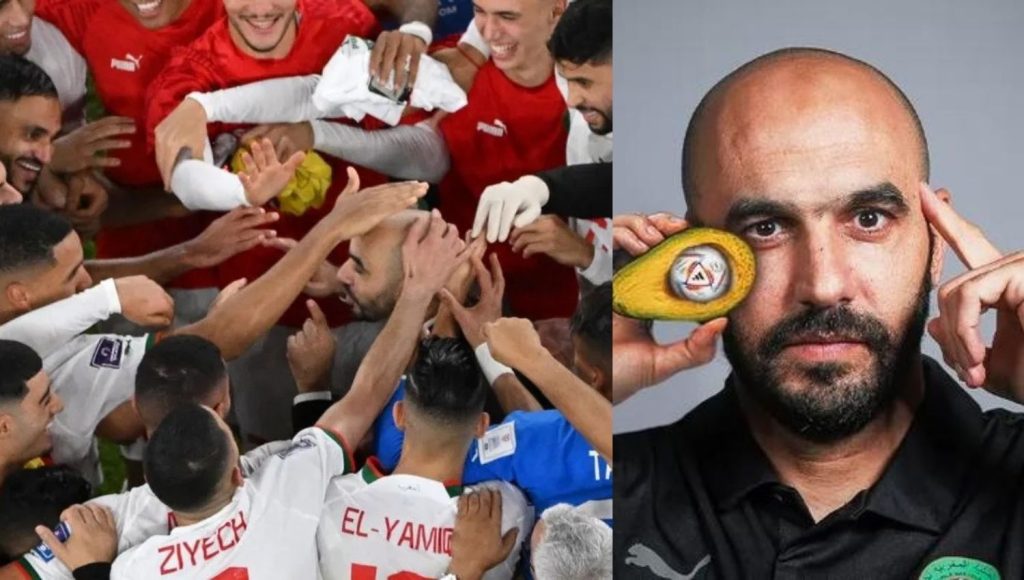
“Avocado Head”: The Nickname That Became a Symbol
In addition to his professional achievements, Walid Regragui earned the affectionate nickname “Ras l’Avocat” or “Avocado Head” among Moroccan fans. This playful moniker references the shape of his head, which some fans humorously likened to an avocado. Embracing the jest, Regragui and his team turned it into a symbol of camaraderie and unity. Following Morocco’s historic qualification for the World Cup’s Round of 16, the team celebrated by playfully donning avocado-shaped hats, showcasing their lighthearted spirit and the strong bond between the coach and his players.
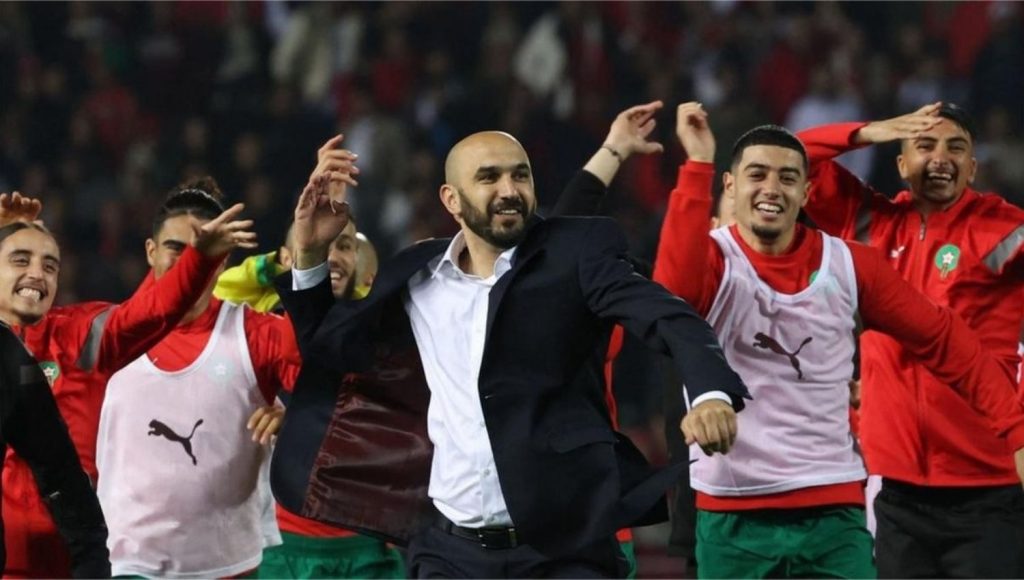
During Morocco’s 2022 World Cup journey, “Siiir Siiir” (meaning “Go forward!”) became the team’s defining chant. First used by Walid Regragui at Wydad Casablanca, it pushed players to give their all.
As Morocco stunned the world, the phrase spread from the locker room to the stands, uniting players and fans. It became a symbol of resilience and belief, driving the team forward to a historic semi-final finish.
Why His Story Matters Today
Walid Regragui’s story is one of determination, resilience, and national pride. From being an underrated coach to leading Morocco to an unforgettable World Cup journey, his achievements continue to inspire Moroccans and football fans worldwide.
His success has paved the way for Moroccan and African football to be taken more seriously on the global stage, proving that with vision and leadership, anything is possible. As he continues to coach, his influence on Moroccan football will only grow, shaping the nation’s footballing future.


